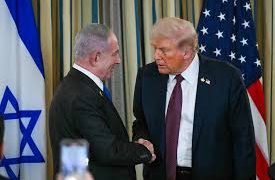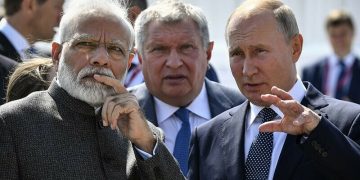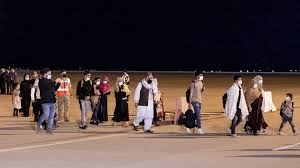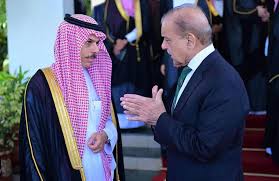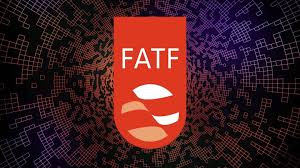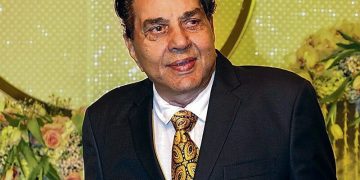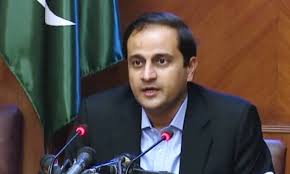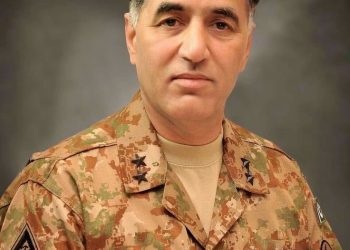Federal Information Minister Fawad Chaudhry believes it is too soon to comment on the Taliban’s announcement of an interim government in Afghanistan.
A day earlier, the Taliban announced the first members of a new “acting” government, three weeks after sweeping into full power with the takeover of Kabul, on August 15.
The new cabinet is made up of senior Taliban figures some of whom are notorious for attacks on US forces over the last two decades.
It will be led by Mullah Mohammad Hassan Akhund, one of the movement’s founders, who is on a UN blacklist.
In a brief interview with BBC World shortly after the Taliban made its announcement, the information minister said he had learnt of the caretaker setup in Afghanistan on the programme’s intro and so thought it would be too soon to make a comment on it. “I think it would be premature to comment at this time,” he told the BBC anchor.
The BBC anchor then asked for a comment on the presence of ISI chief Lieutenant General Faiz Hameed, who has been in Kabul for the last couple of days. She said it is understood that the ISI chief is helping the Taliban shape the new government in Afghanistan.
Before this, the media reported that the CIA chief was in Kabul, then the the media reported that the Turkish and Qatari intelligence chiefs were also in Kabul, Chaudhry responded, adding that in the absence of any formal government in Kabul, obviously intelligence agencies will create an alternative framework.
He said Pakistan has “deep issues” with Afghanistan, giving the expansion of Daesh, migration and TTP as some of the examples.
For this reason, Chaudhry said, Pakistan has to have an informal line of communication. He said Afghanistan has no foreign minister and asked if Pakistan was to send its foreign minister, who would he meet?
He said this is the only framework to communicate.
“I will not say that we have no engagement with [the] Taliban. It was Pakistan’s engagement with [the] Taliban that enabled US-Taliban negotiations. It was Pakistan’s and Afghanistan’s engagement that enabled and facilitated the evacuation of thousands of people stuck in Kabul,” he said, adding that this engagement is now being appreciated by the world.

